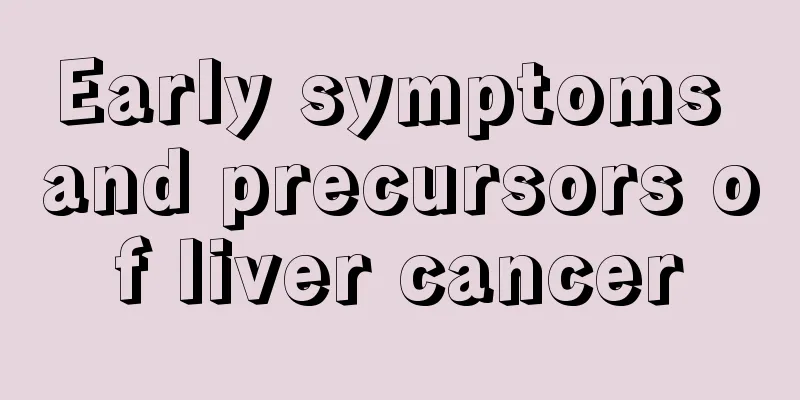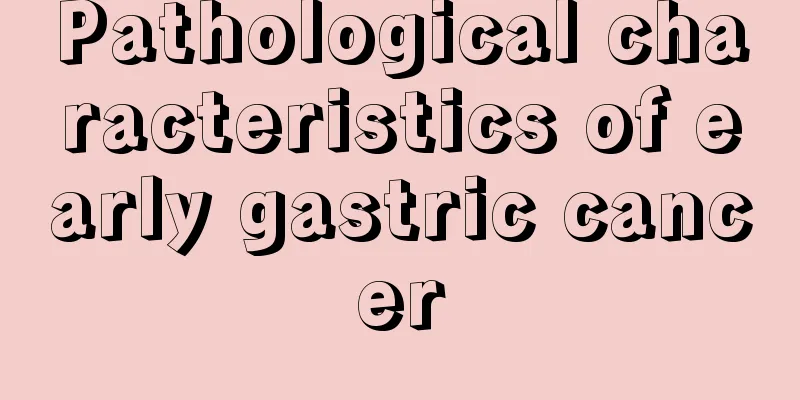What's going on with the burning sensation in my chest?

|
The burning sensation in the chest is like eating some spicy food, giving the patient a feeling of burning in the chest. This symptom is clinically called gastroesophageal reflux. This symptom is closely related to the patient's diet, such as eating too much food at one time, eating too much food at one time, and eating too greasy food. Drinking and smoking while eating can also cause burning sensation in the chest. So what is the cause of the burning sensation in the chest? First, what is the cause of the burning sensation in the chest? Heartburn, commonly known as heartburn, refers to a burning or hot sensation behind the sternum or under the xiphoid process, often accompanied by reflux symptoms. It is one of the most common symptoms of the digestive system. The mechanism is that gastric contents reflux into the esophagus, irritating the esophageal mucosa. Heartburn can occur when you eat too much too quickly, but it is usually temporary. If it happens frequently, you need to be particularly vigilant because it may be a warning sign of a certain disease, the most common of which are stomach, esophageal reflux disease, esophageal cancer, pyloric obstruction, etc. Second, gastroesophageal reflux disease refers to the reflux of gastric and duodenal contents into the esophagus, causing symptoms such as heartburn, which can cause reflux esophagitis and damage to adjacent tissues of the esophagus such as the throat and airway. Its typical symptoms are heartburn and regurgitation. Heartburn refers to a burning sensation behind the sternum or under the xiphoid process, extending from bottom to top. Reflux is the sensation of stomach contents rushing into the pharynx or mouth without straining or nausea, and can include acid reflux. Heartburn and regurgitation often occur 1 hour after a meal, and symptoms may worsen when lying down, bending over, and falling asleep at night. In addition, there is chest pain, which is located behind the sternum and caused by reflux irritating the esophagus. In severe cases, it manifests as severe stabbing pain and can radiate to the shoulders, back, neck and behind the ears. What's the matter with the burning sensation in the chest? The pathogenesis of gastric and esophageal reflux disease is the weakening of the anti-reflux defense function of the esophagus and the strengthening of the attack of reflux substances on the esophageal mucosa. The lower esophageal sphincter prevents gastric contents from flowing back into the esophagus, but high-fat foods, coffee, strong tea, overeating, certain drugs and hormones can reduce the function of the lower esophageal sphincter and affect its anti-reflux effect. Long-term smoking, drinking and negative emotions such as depression can damage the esophageal mucosa and weaken its ability to resist reflux damage. |
<<: What to do if chest hurts and mouth sores
>>: What are the causes of pain on the side of the chest
Recommend
How can women prevent uterine tumors
Uterine tumors are also a very common type of fem...
Can tilting your head back help you lose weight on your face?
There is no scientific basis for the claim that t...
Can I do scraping at night
We all know that scraping is a physical therapy m...
How to supplement calcium for a one-year-old baby
Calcium is one of the important elements needed b...
Left calf pain
Calf pain and stomach pain are common phenomena. ...
Lumbar disc herniation compresses nerves, early treatment reduces harm
Lumbar disc herniation can cause pain. Some patie...
Twelve ways to stimulate children's appetite
Many children have poor appetite and are picky ea...
The efficacy and function of ovalbumin
When it comes to ovalbumin, many people don't...
What are the means of examining pituitary tumors
What are the examination methods for pituitary tu...
How to relieve pain from burns
Today we are going to talk about how to relieve t...
How to fix sour noodles
In daily life, we often encounter such a situatio...
What is regenerated cellulose fiber?
Regenerated cellulose fiber is a very important r...
What complications can prostate cancer cause?
Prostate cancer is the most common male disease. ...
Will you die from skin cancer?
Although skin cancer is also a type of cancer, it...
How to treat hearing loss
There are many reasons for hearing loss. The firs...









